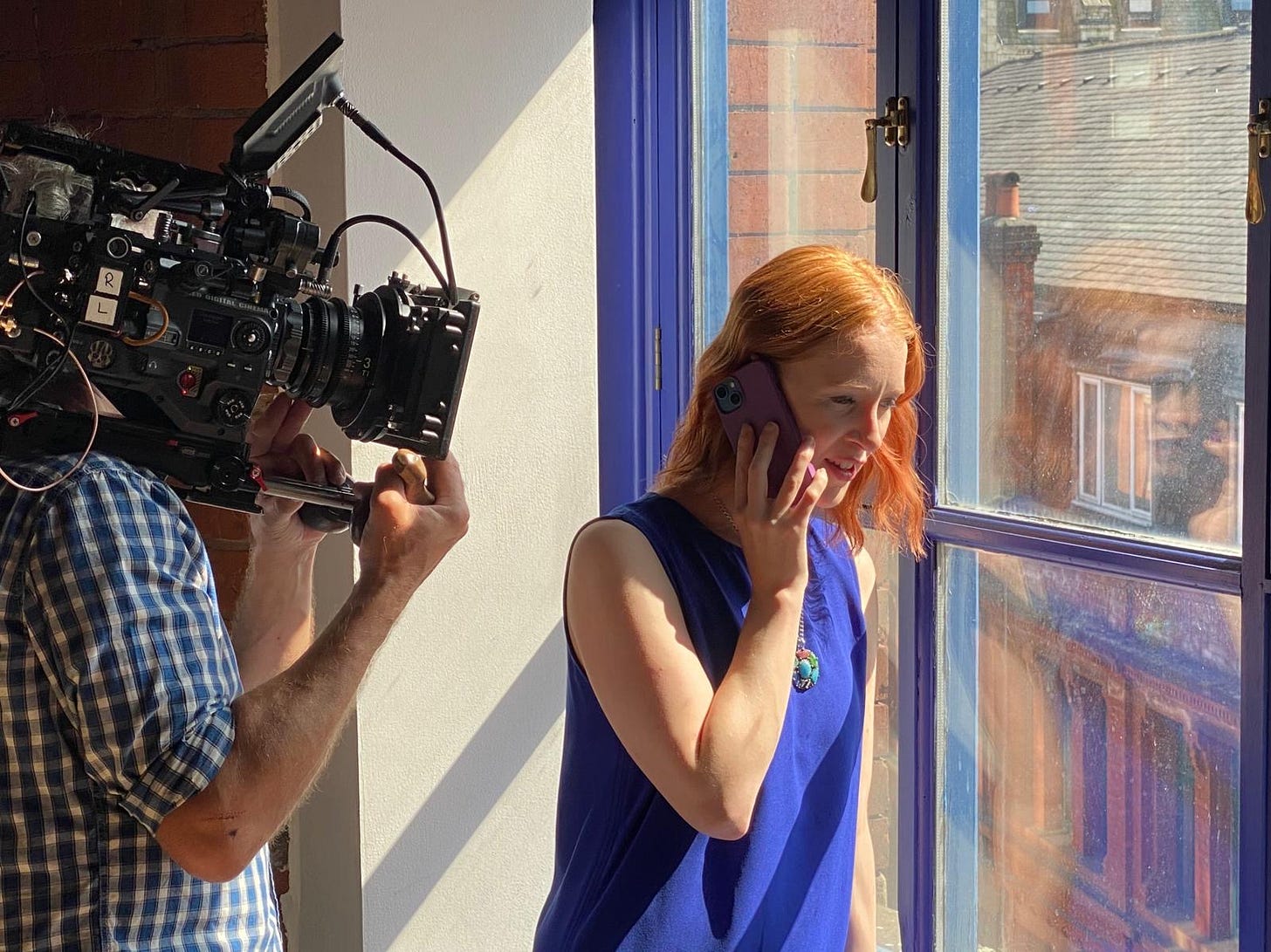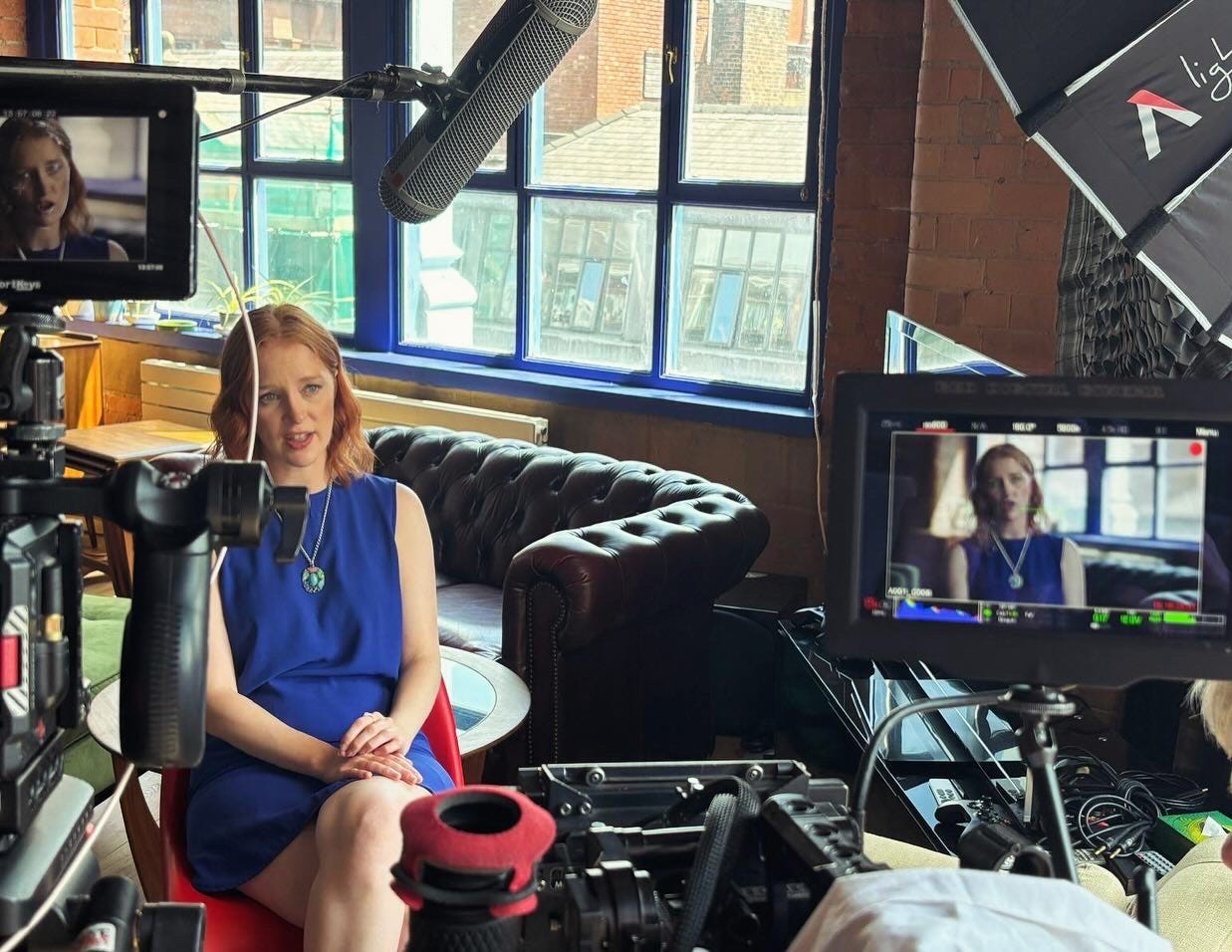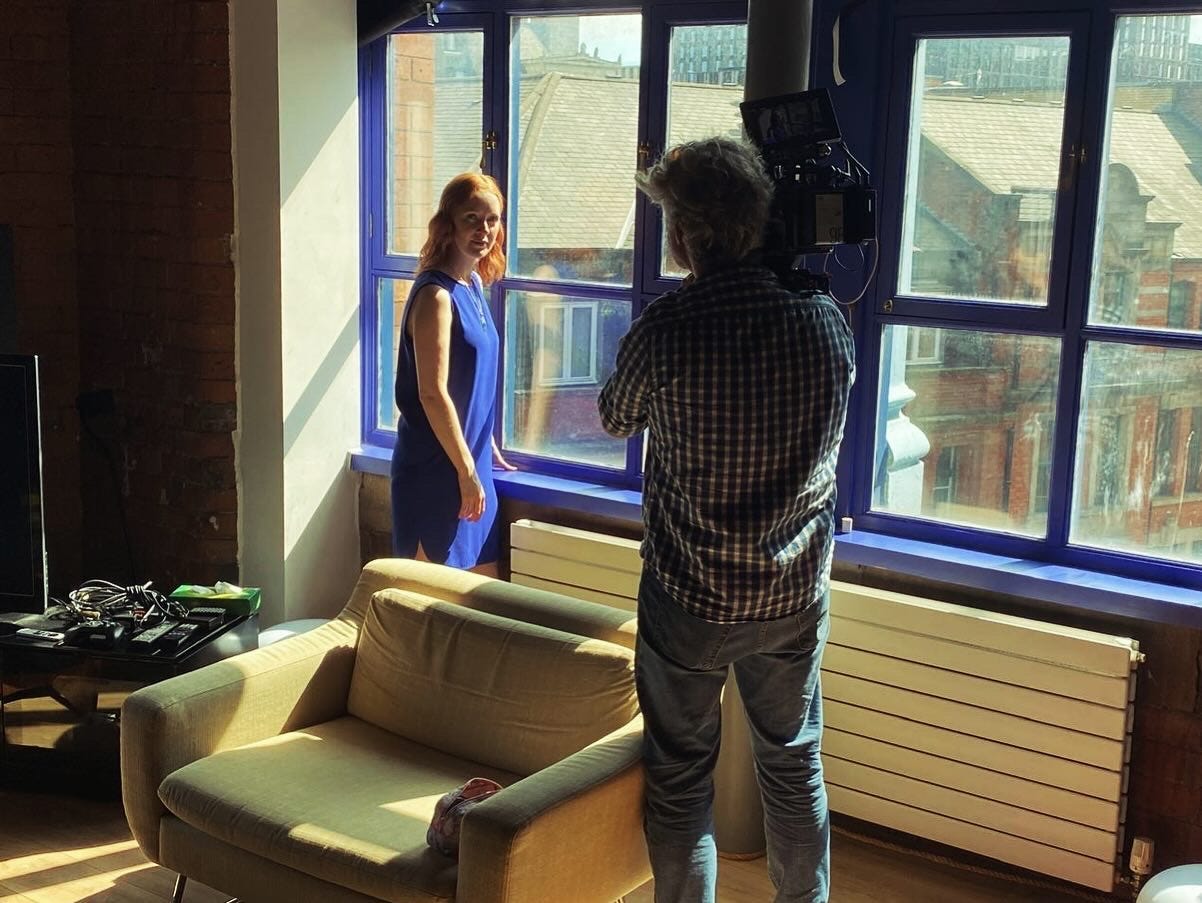Panorama goes undercover – and exposes estate agents’ dirty little secret
I’ve reported on plenty of dodgy practices in my time, but what Panorama uncovered in its latest investigation still managed to make my jaw drop
This week’s film shines a light on how Britain’s biggest estate agencies can prioritise their own profits over the interests of the people they’re supposed to serve. And in doing so, it raises questions about whether the current rules - and the regulators tasked with enforcing them – are fit for purpose.
The film centres around a compelling case: Julie Gallagher, a homeowner in Abingdon, Oxfordshire, who listed her house for sale through Connells, one of the UK’s largest estate agency chains. Julie was told the agent worked for her. But behind the scenes, an undercover Panorama reporter discovered that buyers were being filtered depending on one key factor: whether they were willing to take out a Connells-branded mortgage or use its in-house services.
If they were, they got red carpet treatment. If not? The door was, quite literally, shut.
Julie believes she lost out financially because a potential buyer with deeper pockets – a cash buyer – was passed over in favour of a so-called “hot buyer” who was prepared to take a Connells mortgage. “She sat on this sofa and said she was actually working for me. She obviously is not,” Julie said.
It’s not just one rogue agent at play. The Panorama investigation is backed by testimony from more than 20 independent financial and mortgage advisers across the UK who raised red flags about how Connells operates. The team even found a whiteboard in the branch listing “hot buyers” – those who had agreed to purchase financial products from the firm.
I was invited to give my take as a financial journalist. And what I saw shocked me. There’s clearly a grey area here, whereby estate agents are able to accept one buyer that will use the in-house broker and turn everybody else away. That may not be illegal under the current rules, but it feels wrong. And it raises serious questions about who estate agents are really working for.
According to the 1979 Estate Agents Act, it’s considered an “undesirable practice” for agents to discriminate against buyers who don’t take out a mortgage through their in-house brokers. And yet, that’s exactly what appeared to happen here.
Connells told Panorama:
“We reject any accusation of conditional selling and maintain that no harm has been caused. There were other offers on Julie’s property, but the accepted offer was the highest. It is not the case that customers who use our mortgage services are more likely to successfully purchase a property than those who do not.”
They also said only two of the 14 properties sold during the six-week investigation period went to buyers who used Connells’ mortgage service.
Panorama also turned its lens on Purplebricks, the once-disruptive online agency now under fire for allegedly overvaluing homes to win new listings – then pushing sellers to lower their asking prices once signed up.
A former staff member turned whistleblower secretly filmed meetings and messages from within the company. One employee admitted:
“We are overvaluing properties massively just to gain instructions.”
That would be troubling enough. But it didn’t stop there. Staff were reportedly offered bonuses for every successful price drop, with one agent suggesting 18 price cuts a month could net nearly £900 in commission. Purplebricks told Panorama that this practice no longer occurs and that it doesn't overvalue properties to win instructions.
Yet the whistleblower's footage painted a very different picture. The film shows staff being pushed to “squeeze every lead for as much as it’s got.” Purplebricks responded by saying it rejects any suggestion of pressure-selling and insists that it now puts customers first under new ownership.
Still, the case of Ryan Evans and Olivia Phelps, first-time buyers who ended up paying nearly three times the going rate for conveyancing through Purplebricks, suggests there’s a long way to go. “I felt like maybe they’d taken advantage of us a bit,” Ryan told Panorama.
Let’s be clear: estate agents are entitled to make a profit. But when the profit motive starts distorting the sale process – pressuring buyers to use overpriced in-house services or steering sellers toward suboptimal deals – something’s gone badly wrong.
As Lisa Webb from Which? said:
“This is absolutely something that should be against the law... and something these estate agents really ought to be investigated by the authorities for.”
And while estate agents may protest their innocence, the bigger problem here is systemic. A gap has opened between the values we think underpin our housing market – fairness, transparency, trust – and what’s actually happening behind closed doors.
The Panorama film is a must-watch if you’re buying, selling or just trying to understand why the system often feels stacked against you. It features powerful case studies, whistleblower testimony and undercover evidence. It’s the kind of journalism we urgently need more of right now.
📺 Watch “Undercover Estate Agent” on BBC iPlayer now
Had a similar experience? Or other stories I should look into? Get in touch via Instagram - @ionajbain - or leave a comment below 👇






